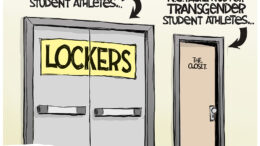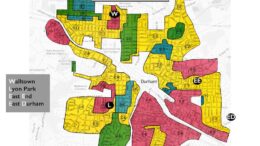Canada Debunks Stereotypes of Homeless People
By Leyland Cecco The widely held stereotype that people experiencing homelessness would be more likely to spend extra cash on drugs, alcohol and “temptation goods” has been upended by a study that found a majority…






